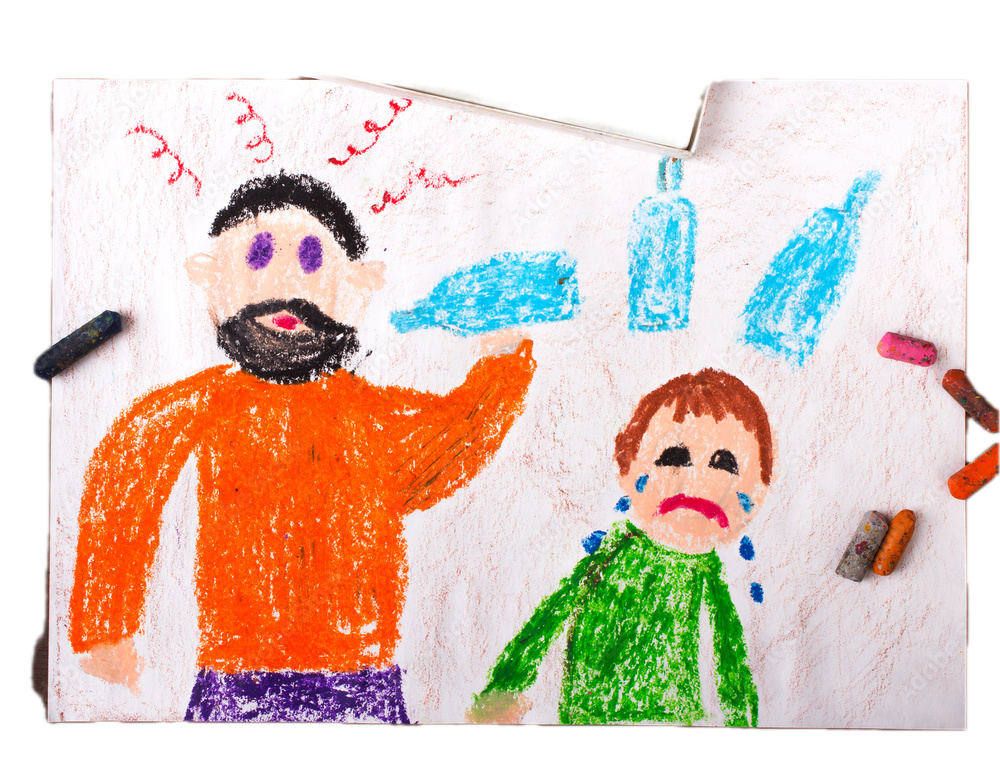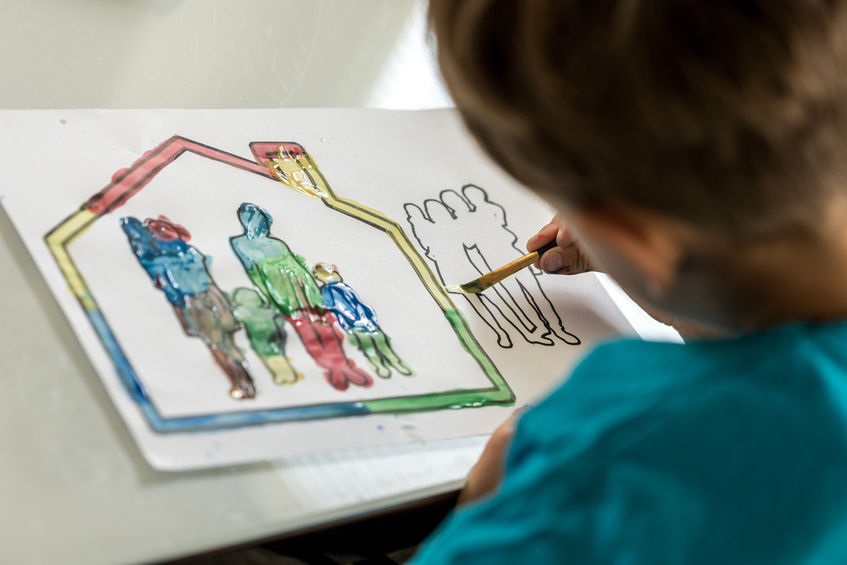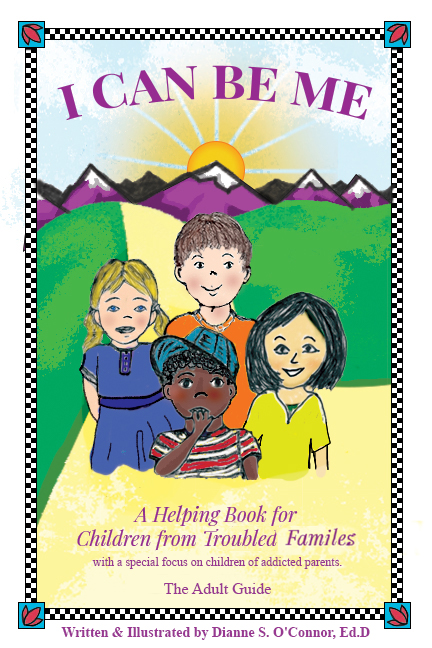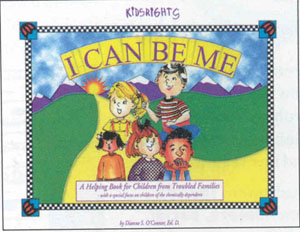Adverse Early Childhood Experiences

Dr. O'Connor's focus on family problems centers on the inter-generational cycle of mental health concerns, and the role that Adverse Early Childhood Experiences (ACEs) play in their development. Family problems frequently lie at the root of a range of psychological disorders, and mental health concerns. Conversely, favorable family conditions play a protective role and aid in the prevention of mental health concerns, and facilitate resilience and psychological well being.
What are Adverse Early Childhood Experiences and how do they increase the risks for mental health concerns in young people and the adults they become?
Adverse Early Childhood Experiences
are potentially traumatic events that can occur in childhood. These include psycho-social concerns that
can undermine the child's sense of safety, stability and bonding such
as growing up in a home with substance abuse problems, mental health
problems, and instability. Or abuse or neglect, or witnessing violence
in the home or community.
Adverse Early Childhood Experiences heighten levels of toxic stress (chronic, ongoing negative stressors), raise levels of physiological arousal and contribute to symptoms associated with Post Traumatic Stress Disorder. Adverse Early Childhood Experiences are also associated with what we have come to describe as complex or developmental trauma.
High levels of toxic stress can have detrimental effects on the developing brain. This places the children who experience such stressors at risk for numerous psychological concerns. These include social, emotional and behavioral problems, as well as cognitive, learning and academic difficulties. These children are also at risk of developing problems with attention, as well as emotional and behavioral regulation. The more ACE's the child experiences the greater their risk for developing serious psychological concerns. Without help the problems they show as children will remain with them as adults, and move forward to infect future generations of children.
To learn about the Inter-generational cycle of depression, click here.
The Intergenerational Cycle of Mental Health Concerns

Genetics alone, or what we view as an inherited predisposition for specific mental health concerns, does not fully account for the transition of mental health problems from one generation to another. This applies as well to Substance Abuse Disorders (SUDs).
Epigenetic research indicates that although ACEs are associated with mental health concerns, such as anxiety, depression and addiction, this association does not apply solely to an inherited predisposition for developing either one or numerous of these disorders. Instead, ACEs affect how our genetic potential is expressed, or conversely, suppressed or turned off. Our psycho-social experiences, either adverse or positive, modify our genes, and hence the genetic predispositions for developing mental health concerns that we pass on to subsequent generations.
Epigenetics addresses how our genes interact with our social environments, in multiple and complex ways to shape how our genetic predispositions are expressed. It focuses on the role that our early social experiences play in determining which genes are expressed or turned on, and/or conversly suppressed or turned off. This process also helps shape the genetic tendencies that we pass on to our offspring, and that they in turn will pass on to others.
The nature of our early social environments, including the perinatal and post natal periods, determine our risks for developing a psychological disorder or concern, along with any genetic predispositions we possess. Favorable psychological environments can reduce or turn off the genetic risks we face for developing a mental health problem. The opposite is the case for those who endure less favorable childhood conditions.
ACEs can co-occur within a family and persist across generations. They increase the psychological and physical health risks for children while compromising their sense of safety, their feelings of security and their overall psychological well-being.

Dr. O'Connor is the author of "I Can Be Me-A Helping Book for Children from Troubled Families. I Can Be Me includes a special focus on children of addicted parents, and also supports children who are experiencing other adverse childhood experiences.
I CAN BE ME supports mental health professionals, other helping professionals and parents who want to help children of alcoholic and drug addicted parents. Although I Can Be Me addresses family problems from the perspective of children whose parents and/or other family members are addicted, this book also supports children who are experiencing other family problems.
There are two versions of I Can Be Me, one a work book version for children aged 4 to 6, the other is for young people aged 7 to 12. These two versions of the book contain similar content, but differ in the presentation of the content.
Both versions of I CAN BE ME include a section at the beginning of the book for mental health professionals, parents and other helping adults who want to support children of addicted family members. This section provides the rationale that underlies their need for support, and outlines how to use the book to help children of addicted family members, as well as children who are experiencing other family problems.
ACEs can co-occur within a family and persist across generations. They increase the psychological and physical health risks for children while compromising their sense of safety, their feelings of security and their overall psychological well-being.

The Children's Work Book for children aged aged 4 to 6 also serves as a colouring book. This version of I Can Be Me and provides children with the therapeutic value that colouring offers, as well as the psychoeducational benefits of I Can Be Me. Colouring can help reduce stress and anxiety, improve focus and promote mindfulness, help calm the brain and relax the body.
Dr. O'Connor is currently updating I Can Be Me to reflect the current reaserch on ACEs and SUDs.